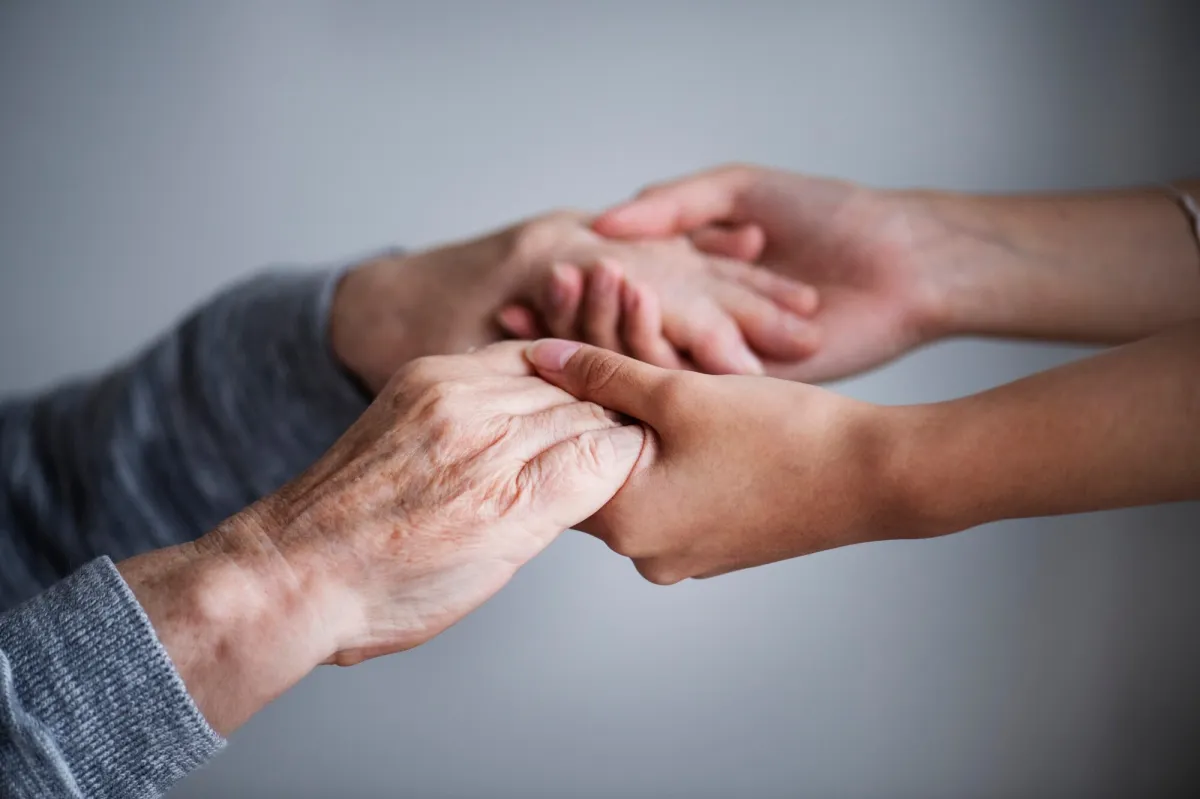
The Power of Tiny Habits for Caregivers
The Power of Tiny Habits for Caregivers
As a certified Tiny Habits coach, I rely on the latest findings from neuroscience to understand human behavior. But my real education? That came from more than a decade as a professional caregiver and walking alongside family members through terminal illnesses. Through those experiences, I’ve come to see caregiving—and the advice we give caregivers—through a new lens.
The Problem with Traditional Caregiver Advice
Caregivers are often told, “Take a break! Go on vacation! You need time for yourself!” And while that’s well-meaning, let’s be honest—it’s not that simple. Sure, a vacation can be restorative, but it doesn’t change the reality waiting for you when you return. Sometimes, the stress of planning a break just adds to the burden.
Then there’s the advice to “get more sleep, exercise, and maintain social connections.” Again, these are all great in theory. But as any neuroscientist knows, these are lifestyle changes. We are asking someone whose head is already on overload to create a new behavior – a new HABIT. And when you’re already stretched to your limit, adding another “To Do” to your list feels impossible.
If you doubt that, just ask yourself: How many of us even try to set New Year’s resolutions (behavior changes)?
The Tiny Shift That Changes Everything
Here’s the biggest lesson I’ve learned from both my caregiving experience and from Dr. BJ Fogg, founder of the Stanford University Behavior Change Lab and author of the book Tiny Habits: Forget big changes. Instead, focus on tiny ones.
Why? Because tiny habits don’t rely on willpower or discipline. They fit into your existing routine so seamlessly that they become second nature.
Imagine for a moment that you had a personal butler.
How would your day look?
You wake up and have time for quiet reflection.
Your clothes are laid out for you.
You walk into a clean kitchen, where your coffee is ready to pour and the table is set.
Your keys and tote bag are exactly where they need to be.
You get to work, and your desk is clear, with your priorities already written down.
At night, you go to bed feeling a great sense of satisfaction, because even if the day wasn’t perfect, you managed to keep a series of small promises to yourself.
Now, here’s the twist: That butler? It’s YOU.
You don’t need a staff of assistants. You just need a few tiny, intentional habits.
How Tiny Habits Work
Instead of overwhelming yourself with huge changes, tie small actions to something you already do. For example:
"After I turn on the dishwasher, I will set up the coffee maker."
"Before I go to bed, I will lay out my clothes for the morning."
When I get home from work, I will put my keys by the door."
That’s it. Just the first step. Some days, that’s all you’ll do—and that’s okay. But most days, that tiny step leads to the full behavior effortlessly.
The Secret Sauce: Celebration
Now, here’s the real game-changer: Celebrate your tiny wins as they happen. Why? Because emotions create habits—not repetition, not willpower, and not doing something for 21 days straight. People do better when they feel good about themselves!
Think about how babies learn to walk. They fall over and over again, but they don’t give up. Why? Because, especially in the beginning, every time they take a step, people cheer for them!
Your brain works the same way. When you acknowledge even the smallest win—whether it’s making lemon water while your coffee brews or remembering to breathe deeply for 10 seconds before you get out of the car— your brain releases dopamine. And dopamine makes you want to do it again.
Be Your Own Cheerleader
From a neuroscience point of view, your brain doesn’t know the difference between celebrating that you made a cup of tea or winning a game show! All it knows is: That felt good. Let’s do it again. This glow of accomplishment and feeling good is the release of Dopamine. It is the magic that sets new neural pathways.
It makes so much sense when you think about it. No one says to a 12-month old, “You must do this for 21 days!” or “Use willpower and you’ll learn to walk!” It is the cheers and the excitement that reinforces the new behavior of walking.
At first, celebrating tiny accomplishments might feel silly. But here’s one more thing to consider: Caregiving can be very lonely. There’s no built-in applause for the countless things you do each day. So if no one else is cheering for you, it’s time to cheer for yourself.
So start small. Pick one tiny habit. Celebrate it– every time you do it! And over time, you’ll see something amazing happen: You’ll feel more in control, more confident, and more resilient—one tiny habit at a time. Because in the end, self-care isn’t about escaping your life. It’s about building a life that supports you, even in the midst of caregiving.
